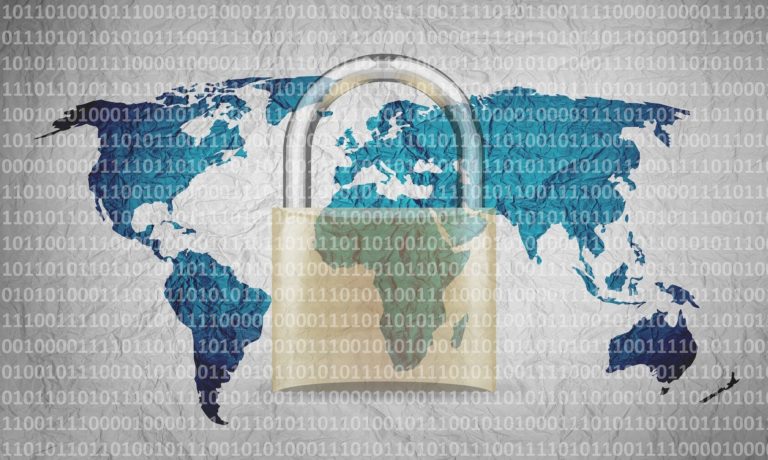The Health Insurance and Privacy Accountability Act of 1996 was the first healthcare-specific act created to ensure there were adequate security measures being implemented in relation to Private Health Information (PHI).
So, what does HIPAA do? How can it help in preventing cyber criminals from infiltrating the database of healthcare groups and illegally stealing your valuable private information? It is important to know who is responsible for the protection of your PHI and who owns it when it is being managed.
As per HIPAA, individuals are allocated legal privacy, security, and accuracy rights connected to PHI. This changes somewhat if the information is given over, willingly, in written or electronic form (e.g., paper chart or electronic data file) to a healthcare group. Once it is present on hardware owned by a HIPAA entity that entity gains the property right of possession of data. What this means is that the health care provider becomes the legal custodian of your health care record. As part of this, the HIPAA-covered entity then has specific legal rights and duties relating to possession and protection of that health record.
However, this works both ways. The HIPAA-covered entity may have to put in place a range of security measures to prevent a breach occurring, or implement specific damage-limiting measures in the unfortunate event of a breach. However, HIPAA should only be seen as a positive thing for entities and not a restricting piece of legislation that leads to extra work and investment(s).
Firstly, HIPAA brought in a range of vital advantages for the healthcare sector industry to assist in the move from the use of paper records to electronic/digital copies of health information. This was massive as the vast majority of files were being held in a physical format at the time of HIPAAs introduction. Secondly, healthcare administrative functions were streamlined and made more efficient in order to establish a proper security attitude in relation to the use of protected health information and the sharing of it securely.
HIPAA standards for capturing health data and electronic transactions are the reasoning that all companies are now dealing with this in the same way. There is a little divergence in the way that PHI is managed and, due to this, it is easier to find a system that will work for your company. Also, for this reason, a set of nationally recognized identifiers was created to be used by all HIPAA-covered entities. As a result, there is, in most cases, little to worry about in relation to the sharing of electronic health information between HIPAA covered entities.
While the ownership of PHI may be seen as a burden of some HIPAA-governed entities, the long-term benefits and advantages far outweigh what may be seen as a draining influence. Any entity that focuses its efforts on ensuring compliance will be in a strong position to avoid any potential fine for a HIPAA-related breach and also gain a competitive advantage by being seen as a safe and secure option for potential clients.




